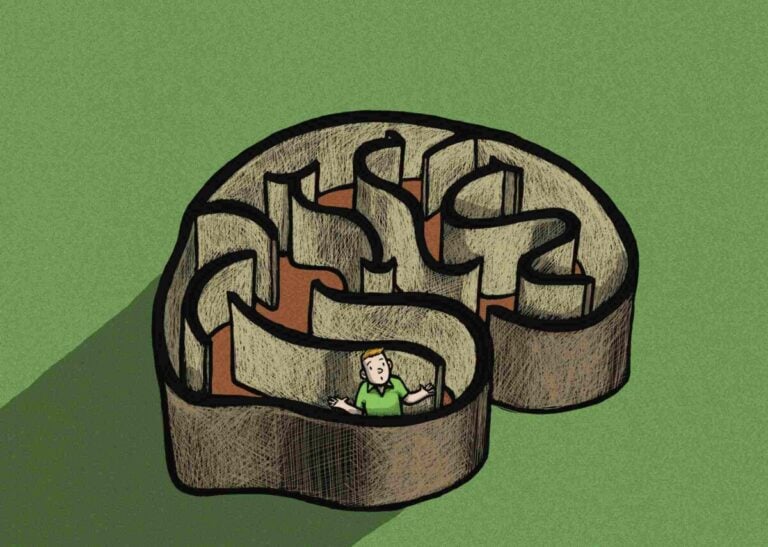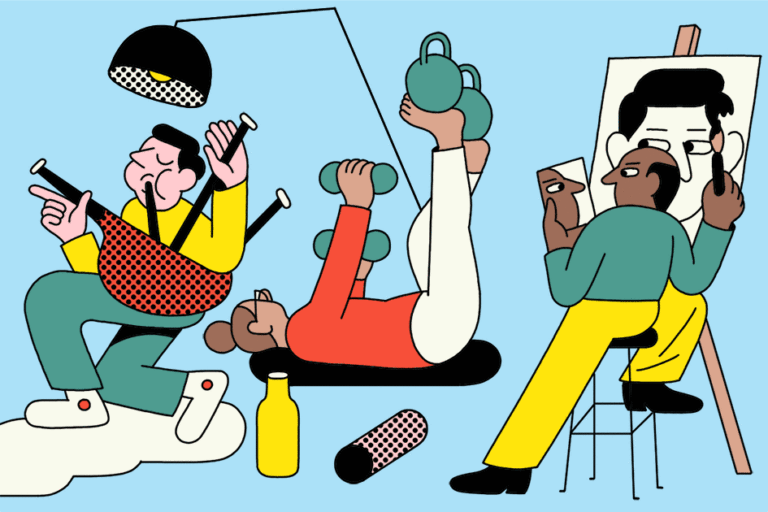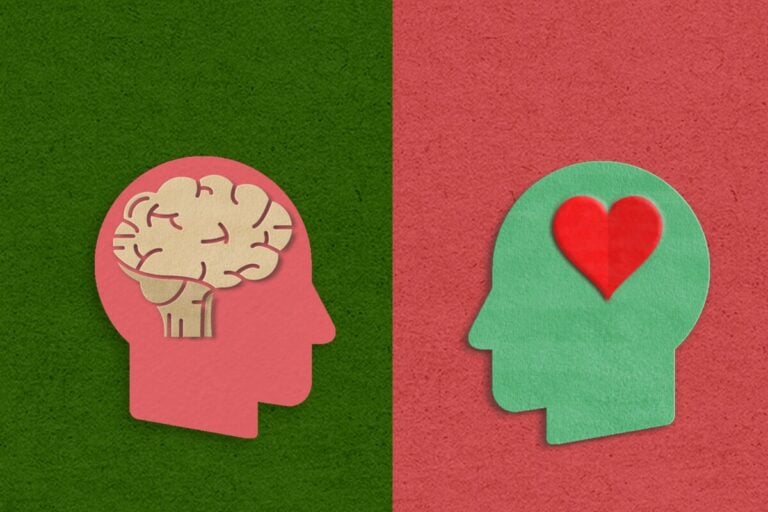Frustration (lat. Frustratio — disappointment, deceit) is a common emotional reaction to resistance, that is, to the impossible fulfillment of a person’s desires and goals.
Simply put, we can feel disappointed when things don’t go “our way”, i.e. as we did not expect. This reaction is essentially no different from the reaction of a child who did not get what he wanted.
Admittedly, an adult cannot throw himself on the floor and express his dissatisfaction by crying and screaming, but when we are frustrated, it tires us, reduces our productivity, and generally worsens our quality of life.
Disappointment can be positive
When we are in a state of frustration, this can sometimes be inspiring, because then we are more willing to look for a solution to a problem, look at things from a different point of view, and a new idea can come to us. Frustration can also give us the strength to persevere in pursuit of a particular goal.
Disappointment can also be very negative
If we are going in circles with frustration, if we are overwhelmed with feelings of anger, dissatisfaction and frustration, then the whole situation can only get worse. Namely, not only will we not be able to cope with a specific problem in this state, but we will not be able to clearly notice it, and awareness of a (seemingly hopeless) situation will cause additional suffering.
Frustration often leads to anger and even aggressive behavior. Frustration is also directly linked to certain mental health problems such as anxiety disorders, especially when it comes to long-term frustration.
How to overcome frustration?
The good news is that there are easy ways to deal with this.

Being frustrated is completely normal and natural, but to avoid getting overwhelmed, we can do the following:
- focus on the present
- evaluate what we already have
- focus on what we can do in the near future
Step One: Focus on the Present
When we are upset, our mind is trapped in the past and the future, and the present is ignored. We seriously think about how much better it would be if everything went the way we wanted, and not the way it really is. At the same time, we blame ourselves for failures and missteps in the past. Of course, everyone else is to blame, especially those closest to us.
To break this vicious circle of negative thoughts, to calm down, you need to focus on the present moment, on this “now and here”.
For example, we can do it like this:
- Focus on your breath. Sit down, close your eyes and focus on your breath. Feel the air flowing gently along the edges of the nostrils. Breathe from your belly, not your chest – with proper breathing, your belly should rise and fall. Relax and watch your breath for a few minutes or longer.
- Focus on what’s around you in the moment – allow yourself to notice it to really feel the present moment. Listen to the sounds from the street or from the yard, just feel them. The sun is shining or it is raining. Maybe dark. Feel the clothes on you. Become fully aware of your surroundings without prescriptions and unnecessary analyzes.
Just be in the environment for a few minutes. It will calm you down, relax you, help you return to the present.
Step Two: Appreciate What You Have
By shifting our attention to the present, we can now focus on those positive things in our own lives that we should appreciate and be grateful for. Therefore, we need to remind ourselves of things that are actually luxuries, and we take them for granted.
For example:
- I have a roof over my head
- I have direct access to drinking water
- I don’t have to worry every day if I have something to eat
- I have internet access
- there are people who care about me
And not necessarily in that order. A huge number of people in the world do not have such privileges. That’s why it’s important to remind ourselves of all the things we can be grateful for, and much more than we otherwise realize.
Step three: focus on what we can do
Once we’ve calmed down, returned to the present, and reminded ourselves of the positive aspects of our own lives, it’s time to take a more constructive approach to the issue that’s upsetting us.

The main question might be:
- what is this small step
- what can I do now or in the near future
- what can I use to improve the problem situation
By asking ourselves this question, we return the focus from the imaginary, passive and unproductive (past and future) to the real, active and productive, that is, to the present.
In addition, the emphasis is on this small step, when we do not set ourselves some big and impossible tasks, but focus on something very specific and achievable. Something that won’t put unnecessary pressure on us and something that we can do immediately without delay.
Also, a similar question might help us:
- better and more objective look at the problem situation;
- find more different solutions and try many times, because in life you don’t get much at first;
- to realize that you have given yourself too much or that this is just a difficult period, so it’s time to take one night or a few days and dedicate yourself to simplify things, relax and recharge.
We can’t avoid it, but we can overcome it
So it’s okay to be upset sometimes. Frustration is a natural reaction that can occur when our desires, goals, and expectations are not met. This often serves as an incentive for us to cope with life’s difficulties. Some people are less tolerant of frustration than others.
Strong and prolonged frustrations worsen the quality of life of a disappointed person, including a negative impact on health. Disappointments cannot be avoided, they should not be repressed, but we can meet them face to face and thus overcome them.
It is very important to return to the present moment. We should also be reminded of what we already have and appreciate in our lives. Finally, we need to focus on what we can specifically do to fix the problematic situation. The latter can sometimes mean that we don’t have to do anything special, we just need time to relax and recuperate.
















